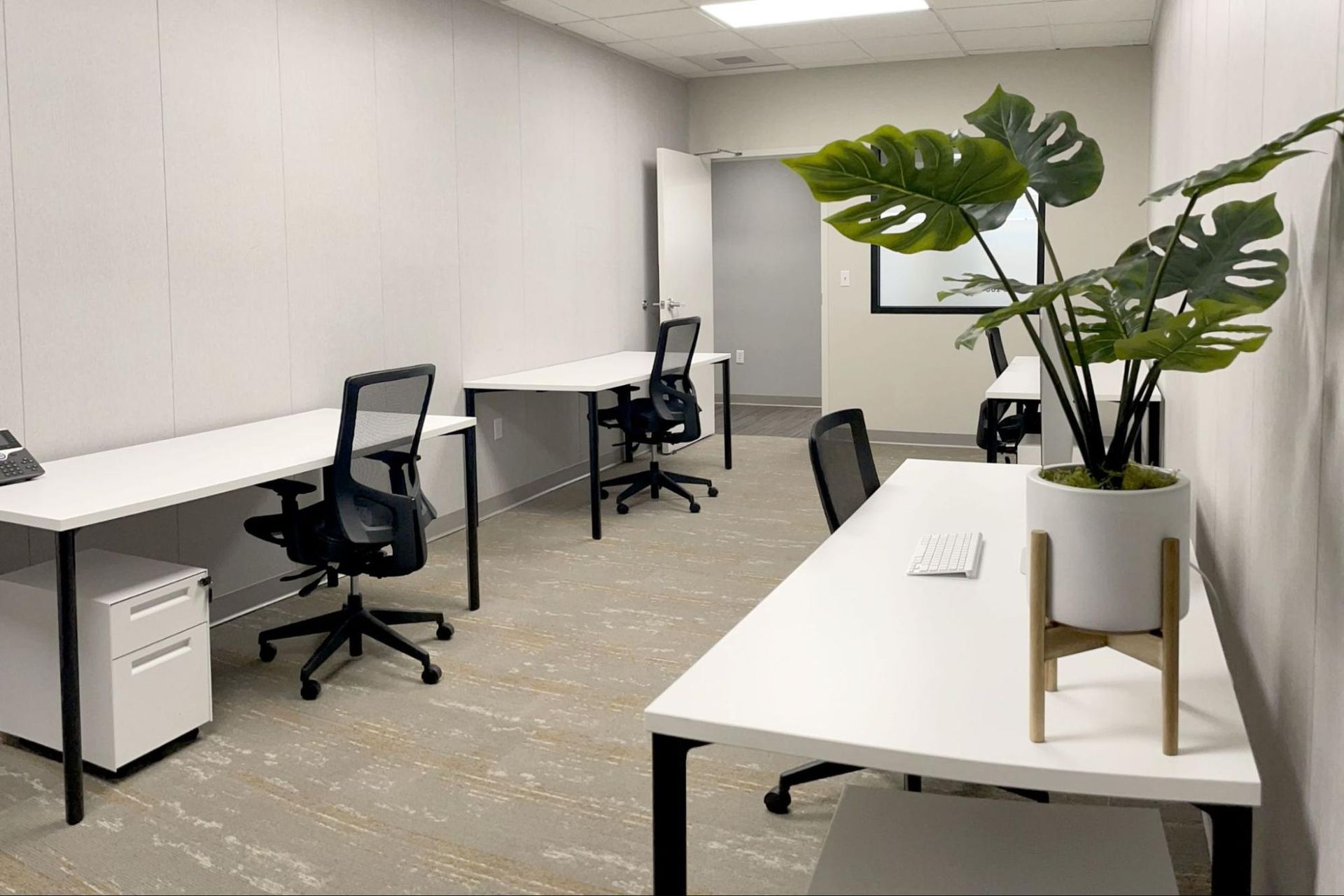Securing a Location for Your Business: Updated Insights for 2024

The shift towards remote work, accelerated by the global events of 2020, has brought new perspectives on where and how businesses can operate. Whether you're considering working from home, utilizing a co-working space, or renting a traditional office or storefront, understanding the pros and cons of each option is crucial for making the best decision for your business in 2024.
Work From Home
Operating your business from home offers unparalleled flexibility, allowing you to set your own schedule and avoid the costs associated with renting a separate space. However, it’s important to ensure that your home environment supports your work needs. Zoning laws, space requirements, and potential distractions should all be considered. If your business requires client visits, significant storage, or generates noise or odors, a home-based setup might not be the best fit.
Maintaining a productive work-life balance is also crucial. Designating a specific workspace, sticking to structured work hours, and avoiding social isolation are key strategies for success when working from home.
Co-working Spaces
Co-working spaces have grown in popularity, especially as businesses seek cost-effective and flexible office solutions. In 2024, businesses can save as much as 30% on operational costs by opting for a co-working space over a traditional office lease. This is particularly beneficial for startups and small teams, as co-working spaces often come fully equipped with necessary amenities, reducing the need for upfront investments in furniture and utilities.
For example, a business with 10 employees could save nearly $48,000 annually by choosing co-working over traditional leasing in certain U.S. cities. Additionally, the shared nature of these spaces fosters networking and collaboration, which can be invaluable for growing businesses.
Renting an Office or Storefront
Leasing a dedicated office or storefront remains a preferred option for many businesses that require a physical presence to connect with customers. However, the financial commitment is significant, and it’s crucial to carefully assess the location, including factors like foot traffic, nearby competition, and accessibility.
The costs associated with leasing traditional office space can vary widely depending on location. For instance, in some Western U.S. cities, the cost of leasing an office can be nearly double that of a co-working space. While the upfront costs and ongoing expenses are higher, the benefits of having a dedicated space that reflects your brand can outweigh the costs, especially for businesses that rely on customer interaction.
Conclusion
Selecting the right workspace is a pivotal decision that can greatly impact your business's success. Whether you choose to work from home, join a co-working space, or lease an office, understanding your specific business needs and the associated costs will help you make an informed choice that supports your growth in 2024 and beyond.
Need advice on what solution is best for your Nevada small business? Receive no-cost and confidential small business advising from experts at https://nevadasbdc.org.
Through the Nevada State Small Business Credit Initiative (SSBCI), Nevada SBDC advising services are designed to prepare you for access to capital. Thereby promoting economic growth through business starts, increased sales and job creation. To enhance a business’s capacity to secure capital but also fortify its operational resilience, positioning it for sustainable growth and success in a competitive market. With the idea to address market gaps and promote the growth of small businesses across all communities in Nevada, this program very small businesses and social and economically disadvantaged individuals. Learn more at https://nevadasbdc.org/ssbci.











